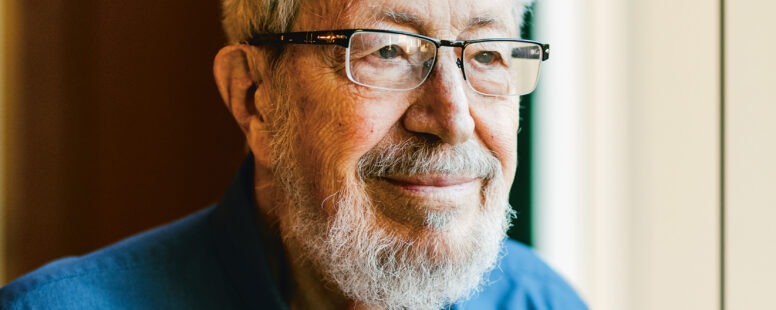Remembering Ed Schein: A Legacy of Significance
In the early 2000’s I was enrolled in my doctoral program in human and organizational systems at Fielding Graduate University. The focus of my dissertation was on the influence of lived experiences on the work of scholar-practitioners in the field of organization development. My research was a psychographic study of 5 luminaries in the field, including Ed Schein.
Ed Schein died January 26, 2023 at the age of 94, leaving a significant legacy.
At the time of my interviews, Ed had written and/or co-authored more than 176 books and articles, several of which are in their third or fourth editions. Some of his best-known books are Organizational Psychology; Coercive Persuasion: A Socio-psychological Analysis of the “Brainwashing” of the American Civilian Prisoners by the Chinese Communists;Process Consultation: Its Role in Organization Development; Career Anchors: Discovering Your Real Values; Organizational Culture and Leadership; DEC is Dead, Long Live DEC: The Lasting Legacy of Digital Equipment Corporation; and Helping. He was an emeritus professor at MIT’s Sloan School, consultant, and frequent speaker. His impact touched thousands of lives and hundreds of organizations.
Sharing His Life and Work
What I remember most about Ed was his desire to share his life and work with me … his careful use of words to communicate clearly, his interest in my research, his love of birds, and mostly his willingness to take on a speaking engagement or writing assignment as a catalyst for teaching.
One of the things I did during the hours of interviews I collected as part of my research was to extract lessons or “pearls of wisdom” from each of the participants. Here are some of the pearls shared by Ed:
- Practice expert intervention design.
- Differentiate yourself as a consultant.
- Everything you do is an intervention, so don’t walk into situations blindly.
- Managers generally prefer less scholarly theories such as stories, clinical work, and field work.
- Provide clients with solutions to problems.
- Cascade interventions upward rather than downward.
- Once you are sensitive to process, you see other process innovations.
- Organizations are neither fair nor rational; don’t expect them to be.
- The person with the problem should receive the feedback first.
During my interviews with Ed, he shared some of the people who had the most influence on his own life and work. Of all of people he mentioned, 4 stood out as having the most significant impact: Gordon Allport, Richard Beckard, Warren Bennis, and Alex Bevelas. All of them were pioneers and thought leaders in the fields of social psychology and organization development. Just as they influenced Ed, Ed influenced others. Their legacies carry on.
Thank You
Ed, thank you for leaving an amazing legacy of thought and practice. Thank you for being a role model for scholarship and practice. May your legacy live on in the lives of all those you touched.
Do you also have memories of Ed? As always, I’m interested in your thoughts and ideas so do leave your comments, feedback, and suggestions below.
Photo by Robert Rieger
___________
© 2023, John L. Bennett. All Rights Reserved.
Reference
Bennett, J. L. (2006). An agenda for coaching-related research: A challenge for researchers. Consulting psychology journal: Practice and research, 58(4), 240-248.

